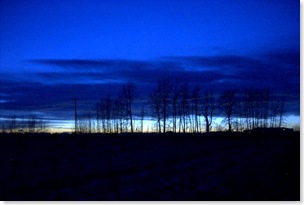Steadfast love and faithfulness will meet;
righteousness and peace will kiss each other.
Faithfulness will spring up from the ground,
and righteousness will look down from the sky. (Psalm 85)
Moishe the Beadle said to a young Elie Wiesel that every question possessed a power that was lost in the answer. (Night, Elie Wiesel)
If this is right, then, as the Beadle knew, it is our questions that draw us close to God, not our answers. And not even God’s answers. Because God’s answers–when they are not merely our own answers thrown up against the sky–dwell in mystery and misapprehension at the depths of our hearts until at some tear in time, or at the end of our life, or in the next, they bloom, and seem to have always been understood. On that soil questions and answers are indivisible.
But if this is true about questions, well, then our search must not be for the grand answer(s) but for the right questions. Because questions make a path to the garden of mystical truth where love and faithfulness spring up from the ground and where righteousness and peace kiss.
Now, this is of course a mystical move but how else can I "understand" things I can’t understand? How else can one endure the brutish side of humans and still have faith? For Wiesel, who witnessed and suffered the unspeakable, God was killed in Birkenau, and Auschwitz. And even though I believe what the young Wiesel held true, how can I argue with his giving it up? And while I believe that the life of Christ holds the key to the questions of suffering and violence, in the presence of Wiesel I could not speak a word, but only listen and grieve.
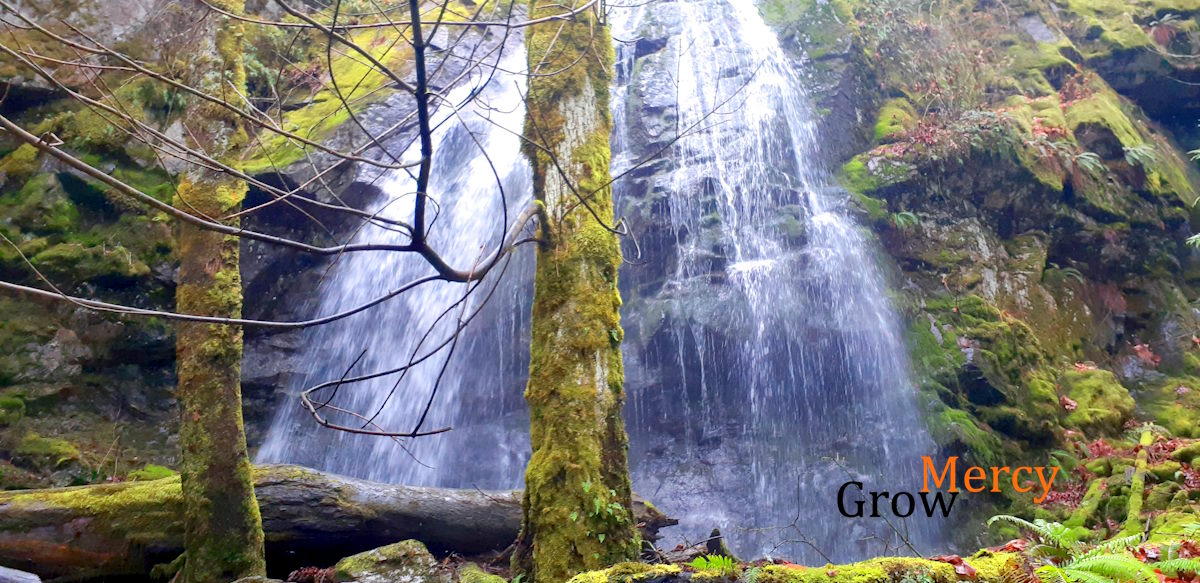
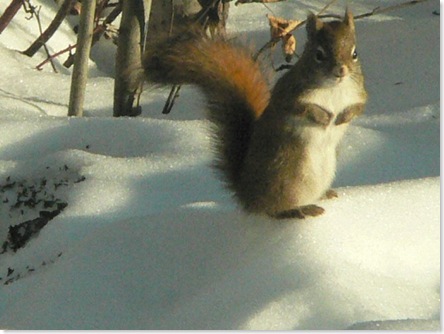
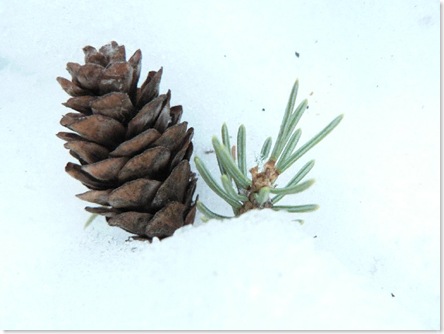

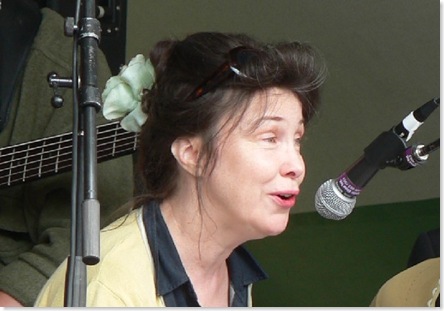
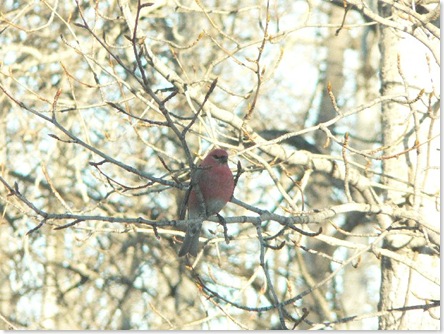
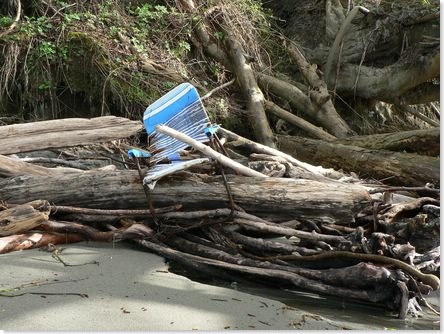
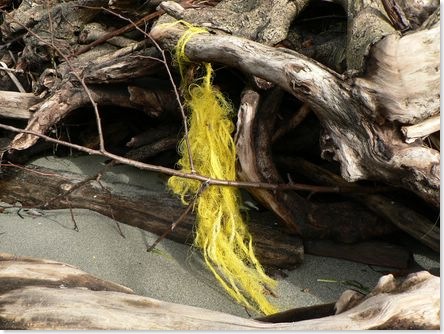
 Pilgrim
Pilgrim